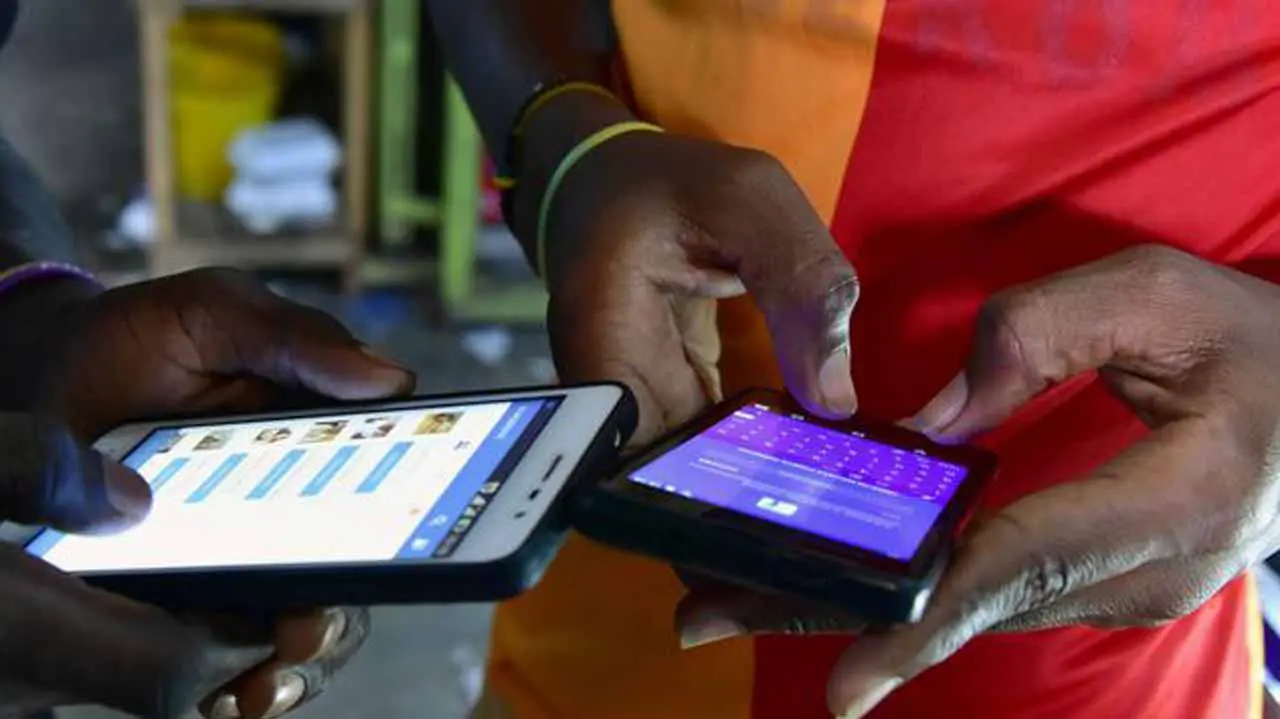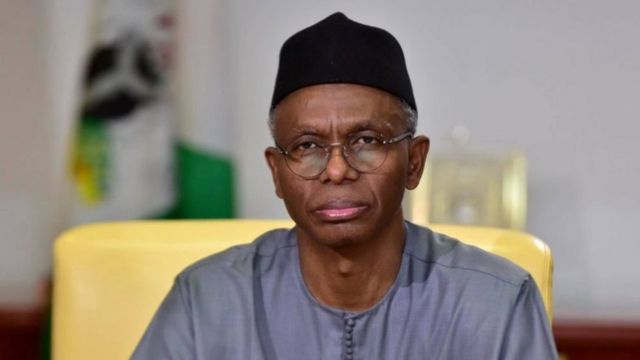A former Kaduna State Governor, Nasir El-Rufai, has filed a N1 billion fundamental rights enforcement suit against the Independent Corrupt Practices and Other Related Offences Commission over the alleged unlawful invasion and search of his Abuja residence.
In the suit marked FHC/ABJ/CS/345/2026 and filed at the Federal High Court in Abuja on February 20 by his counsel, Oluwole Iyamu (SAN), El-Rufai is challenging the validity of a search warrant issued on February 4 by a Chief Magistrate of the FCT Magistrates’ Court.
He is asking the court to declare the warrant authorising the search and seizure at his residence invalid, null and void.
According to the application, the former governor contended that the warrant was “null and void for lack of particularity, material drafting errors, ambiguity in execution parameters, overbreadth, and absence of probable cause, thereby constituting an unlawful and unreasonable search in violation of Section 37 of the Constitution.”
El-Rufai listed the ICPC as the first respondent, while the Chief Magistrate of the FCT Magistrates’ Court, Abuja Magisterial District, the Inspector-General of Police, and the Attorney-General of the Federation were named as second to fourth respondents, respectively.
He is seeking seven reliefs, including a declaration that the invasion and search of his residence at House 12, Mambilla Street, Aso Drive, Abuja, on February 19 at about 2 p.m., allegedly carried out by operatives of the ICPC and the Nigeria Police Force under the disputed warrant, violated his fundamental rights.
Specifically, he asked the court to declare that the search “amounts to a gross violation of the applicant’s fundamental rights to dignity of the human person, personal liberty, fair hearing, and privacy under Sections 34, 35, 36, and 37 of the Constitution.”
He further urged the court to declare that “any evidence obtained pursuant to the aforesaid invalid warrant and unlawful search is inadmissible in any proceedings against the applicant, as it was procured in breach of constitutional safeguards.”
Among other prayers, El-Rufai is seeking an order restraining the respondents from relying on or tendering any items seized during the search in any investigation or prosecution involving him.
He also asked for “an order directing the 1st and 3rd respondents (ICPC and I-G) to forthwith return all items seized from the applicant’s premises during the unlawful search, together with a detailed inventory thereof.”
In addition, he is demanding “the sum of N1,000,000,000.00 (One Billion Naira) as general, exemplary, and aggravated damages against the respondents jointly and severally for the violations of the applicant’s fundamental rights, including trespass, unlawful seizure, and the resultant psychological trauma, humiliation, distress, infringement of privacy, and reputational harm.”
The former governor broke down the N1 billion claim into N300 million as compensatory damages for psychological trauma and emotional distress; N400 million as exemplary damages to deter future misconduct by law enforcement agencies; and N300 million as aggravated damages for what he described as the malicious and oppressive nature of the respondents’ actions.
He also sought N100 million as the cost of filing the suit, covering legal fees and associated expenses.
In his grounds of argument, Iyamu maintained that the warrant was fundamentally defective, citing lack of specificity in the description of items to be seized, material typographical errors, ambiguous execution terms, overbroad directives and absence of verifiable probable cause.
He argued that the alleged defects contravened Sections 143 to 148 of the Administration of Criminal Justice Act (ACJA), 2015; Section 36 of the ICPC Act, 2000; and constitutional protections against arbitrary intrusion.
According to him, “Section 143 of the ACJA requires that an application for a search warrant be supported by information in writing and on oath, setting forth reasonable grounds for suspicion,” which he said was absent in the present case.
He added that Section 144 mandates specific descriptions of the place to be searched and the items sought to prevent general warrants, but the warrant in question vaguely referred to “the thing aforesaid” without detail.
He further submitted that “Section 146 stipulates that the warrant must be in the prescribed form, free from defects that could mislead, but the document is riddled with errors in the address, date, and district designation.
“Section 147 allows direction to specified persons, but the warrant’s indiscriminate addressing to ‘all officers’ is overbroad and unaccountable.
“Section 148 permits execution at reasonable times, but the contradictory language creates ambiguity, undermining procedural clarity.”
Iyamu argued that the execution of the warrant on February 19 resulted in an unlawful invasion of his client’s premises and violated his constitutional rights.
He cited decided cases, including C.O.P. v. Omoh (1969) NCLR 137 and Fawehinmi v. IGP (2000) 7 NWLR (Pt. 665) 481, to support his position that evidence obtained through improper means is inadmissible.
In an affidavit supporting the application, Mohammed Shaba, a Principal Secretary to the former governor, deposed that officers of the ICPC and the Nigeria Police Force stormed the residence on February 19 under what he described as a defective warrant issued on or about February 4.
He averred that the “search warrant did not specify the properties or items being searched for,” and alleged that the officers failed to comply with procedural requirements before conducting the search.
Shaba further stated that during the operation, officers allegedly seized personal documents and electronic devices, causing “undue humiliation, psychological trauma, and distress.”
He added that none of the seized items had been returned and that the application was filed in good faith to enforce the applicant’s constitutional rights.
















